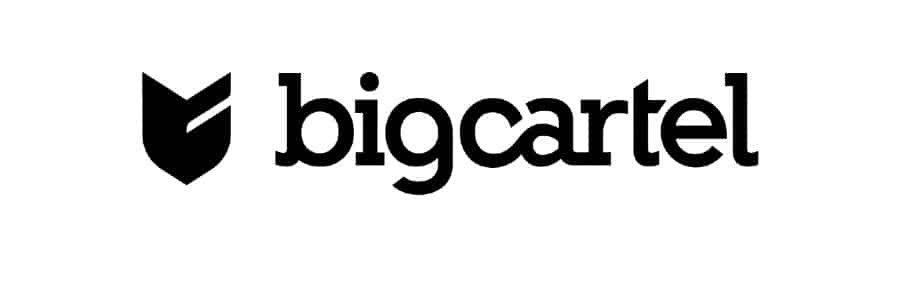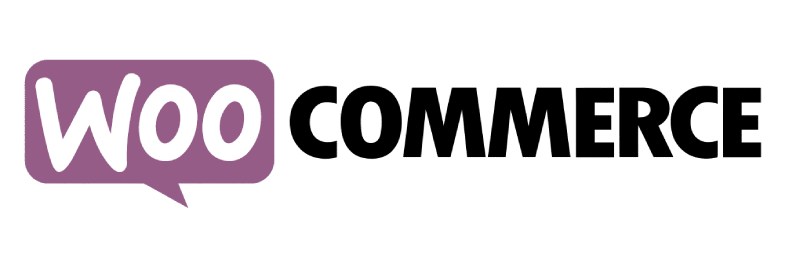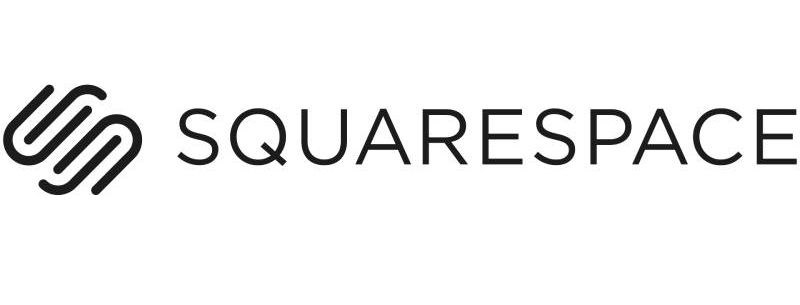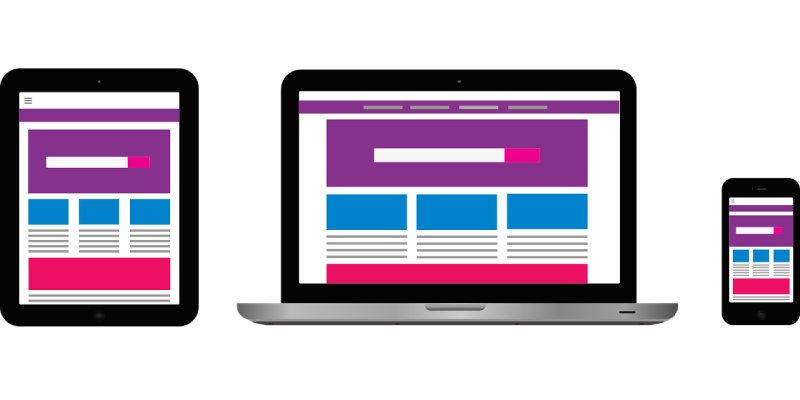Best Ecommerce Platforms- 6 Viable Options To Choose From in 2022
The year is 2022 and the marketing enterprise is no longer governed by the same fundamentals that used to work in 2012. Times are changing and so are the rules and requisites for a successful marketing experience.
Whether you have a solid store presence on the ground is no longer the question to assess your chance at making it big; whether you have an appealing and conducive storefront on the internet is.
You got it right. Simply ensuring that you have the online profile is not enough, you must ensure that you have the right kind of online profile and what better parameter to judge that than the e-commerce platform that you operate on?
Selecting the right kind of e-commerce platform that is in-sync with your business outline and goals is necessary to set the foundation right as that is what will determine how well you fare on the internet as far as the point of interaction between you and your customers is concerned.
However, the decision is not very straightforward to make, especially when you are bombarded with limitless options. But that’s where I come to your rescue with this list of 6 e-commerce platforms suitable for use in 2022, based on my experience. I have included different options that support different requirements.
They say well begun is half done and I hope I am able to help you make an informed decision through this article.
1) Shopify ECommerce Platform

With the most straightforward, simplistic yet wide array of features that are appropriate for beginners, Shopify has stood the test of time as the most sought-after e-commerce platform in 2022.
Shopify’s ready to use and responsive templates that are suitable for various requirements are exactly what most new website owners look for. While they are premade, one can utilize the knowledge of HTML/CSS to modify them to some degree.
It also caters to the ‘beginner issue’ of accepting online payments by providing its own Point-of-Sale setup along with a customizable ‘Buy’ button. It is to be noted that if you don’t use Shopify payments, you will have to pay transaction fee.
There are certain limitations to Shopify as the basic version does not allow creation of optimized URL structure. You can’t create customized checkout process either.
It offers its service in 4 tiers namely Shopify Lite, Basic Shopify, Shopify and Shopify Plus. With the latter options, you get advanced features such as affiliate marketing tracking, inventory tracking, integration with Google Analytics and social media and detailed reports.
You get 2 accounts for staff members in Basic Shopify, 5 in Shopify and 15 in Shopify Plus along with abandoned cart functionality and some SEO options.
2) Big Cartel Online Platform

The second on the list is Big Cartel which is another newbie-friendly option which does not require extensive coding knowledge and can be set up at no cost. For someone who is just getting started with the business, this might be a good option.
While the advanced version provides advanced features such as custom domain name, integration with Google Analytics, inventory tracking etc., there are certain drawbacks with the regular option.
The design templates are mobile-friendly but there are as less as 13 options to choose from. These designs can undergo only slight customization. Besides, you cannot change the product URL once you have decided it. You cannot customize the store completely.
It charges a transaction fee of 3% and offers Gold, Platinum, Titanium and Diamond packages with the latter packages allowing you to market more products with as much as 5 images per product.
3) Big Commerce
Big Commerce is another multifunctional option which is freely hosted (does not require you to get a separate hosting), packed with options like order fulfillment, online payment, analytics etc. and is ideal for small as well large enterprises.
Although it is not very straightforward in its functionality, it offers numerous credible tools such as customizable design templates, Google AdWords, Yahoo Search Marketing, abandoned cart notification, banner ads, reports and built-in security features that make it an option worth consideration.
Its advanced features like that of filtering items, shipping availability options, gift vouchers are valuable add-ons.
The pricing of the packages varies depending on the bandwidth and storage that you need and there is a transaction fee of 1.5% levied on every transaction. You can, however, do away with the transaction fee by upgrading to the paid packages.
4) WooCommerce

WooCommerce, the fourth option on the list, is a WordPress plugin which is free to use and is packed with advanced controls and features that help create the right kind of online platform for your business.
It allows you to choose your own host along with a custom domain and seamlessly integrates them to offer prime user experience. It also comes up with frequent updates which means that any bug that you might report will be rectified and resolved via updates.
In addition to the stock features, you also get numerous extensions to enhance the existing features. Some of them are- Google Analytics, MailChimp, Freshdesk, Product Bundles.
It also allows you to market unlimited amount of products.
The possible modes of payments are: Stripe, PayPal, Amazon Pay and Payfast, among others.
Since it has WordPress as its parent company, it is trusted, reputed and widely sought after. It can take a while to get used to the options but once done, things become quite smooth and fluid, making it a suitable ecommerce platform in 2022.
5) Squarespace

Talking of smooth functionalities, Squarespace is another option that should catch your eye owing to its highly intuitive, smooth UX/UI. It comes with innovative design templates which allow a lot of control over the design with SEO friendly customizations.
It is a cloud-hosted interface which provides free custom domain and requires no coding skills or any knowledge of CSS/HTML. It comprises various high-utility tools such as sales and marketing, data-tracking and reporting etc.
While the basic version comes with SSL security and is optimized for mobile-devices, the advanced option provides accounting software, discount and order tracking and coverage, among others. It also allows a free trial to help you experience the possibilities and decide accordingly.
The only downside to it is that it is not integrated with PayPal. If that’s something which doesn’t bother you too much, Squarespace can turn out to be the ideal choice for you.
6) WIX

Wix has been one of the more popular ecommerce platforms for beginners for a considerable period of time, and rightfully so.
It offers one of the finest user-friendly interfaces among all the options on this list. It works independently within your browser requiring no installation of software. It also requires no additional hosting and literally no technical skill to get set and get going.
It is free but comes with a paid version with additional features. It has various designs and layouts available to choose from and also allows you to preview any design before using it.
However, it requires you to opt for the paid version in order to be able to publish your business/site on the web. The paid option also comes with the option to choose a custom domain along with other such features.
Take The First Step & Then Take The Next
That’s all as far as the list of top 6 e-commerce platforms in 2022 for business owners are concerned. This list has been created keeping in mind different facets of the choosing process, taking into consideration all possibilities.
I have tried to ensure that I include something that you will find in alignment to your goals and what you are looking for. I have given numerous options- both free and paid, to choose from and also mentioned the pros and cons related to each of them.
The digital marketing enterprise has been on the rise and is now taking control of all business interactions. As business owners, it is essential that we are equipped with the right kind of tools, strategies and insights to ensure that we have a considerable say in the ever-evolving market.
It is important that you adapt to the game and take all the right steps, right off the bat.
While I hope that this article helps you to take the first right step when it comes to choosing the e-commerce platform for your business, I must also tell you that this is only the first step.
A well-designed website on a proper platform needs proper optimization to perform on the search engine. It’s no longer about just doing good; you need to do better than your competitors.
If you are wondering how you can/should go about it, hit me up and we get to work!

